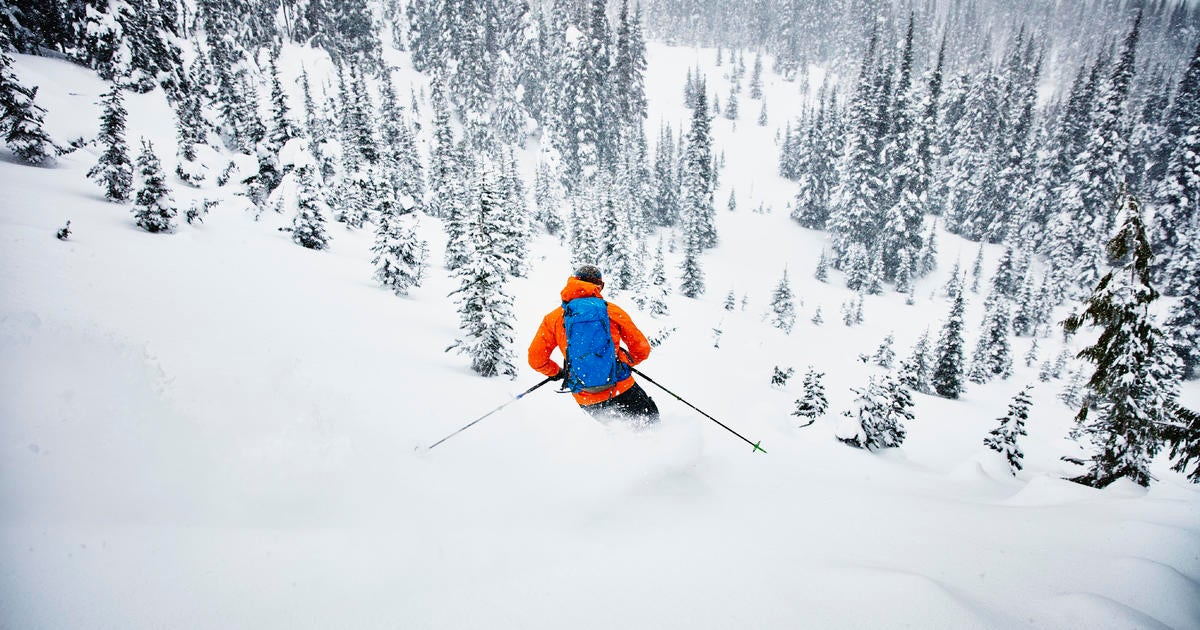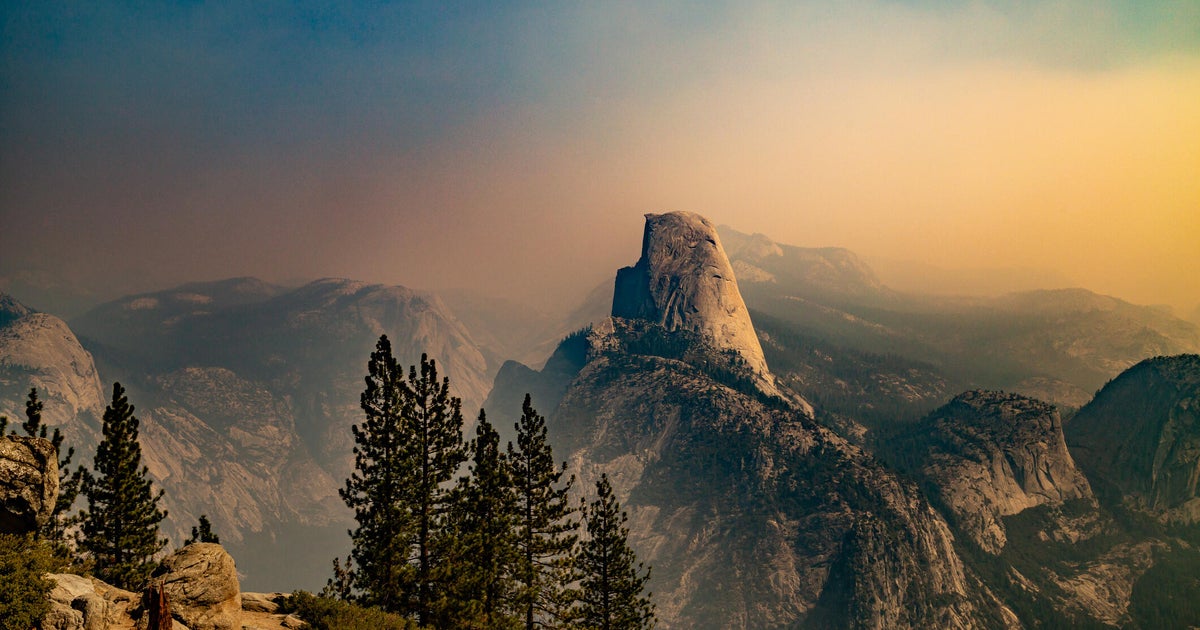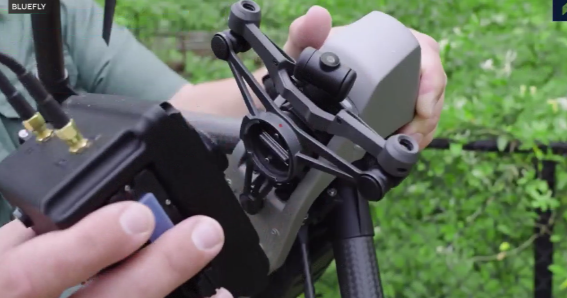Upending Traditional Ideas On Gender Roles, UC Davis Study Discovers That Many Early Big-Game Hunters Were Female
DAVIS (CBS13) — New research conducted by UC Davis is revealing evidence that early hunter-gatherers were a mix of men and women - a finding that changes the narrative of traditional gender roles.
The research was done after the 2018 discovery of a 9,000-year-old female hunter in the Andes Mountains of South America. Researchers found a hunting toolkit that included projectile points (akin to arrowheads) and tools to process game.
Researchers concluded that the hunter was likely a female and a later dental protein analysis also confirmed the person's sex.
A closer look at more burials among burials across North and South America also found that a significant portion of females participated in big-game hunting.
More from CBS13
- Election Results: California Nov. 3, 2020 General Election
- What Do Election Results Mean For A Second Stimulus Package?
- Vacaville Barber Gives Free Haircuts As Form Of Protest After His License Was Suspended
About 30 to 50 percent of hunters in the populations studied by UC Davis researchers were female, the study found using statistical analysis.
"We believe that these findings are particularly timely in light of contemporary conversations surrounding gendered labor practices and inequality," said Randy Haas, assistant professor of anthropology and lead author of the study, in a press release.
Researchers say the findings upend the old "man-the-hunter" hypothesis.
"Labor practices among recent hunter-gatherer societies are highly gendered, which might lead some to believe that sexist inequalities in things like pay or rank are somehow 'natural,'" Haas said. "But it's now clear that sexual division of labor was fundamentally different — likely more equitable — in our species' deep hunter-gatherer past."
The study's co-authors include professors and graduate students from several other West Coast colleges.







